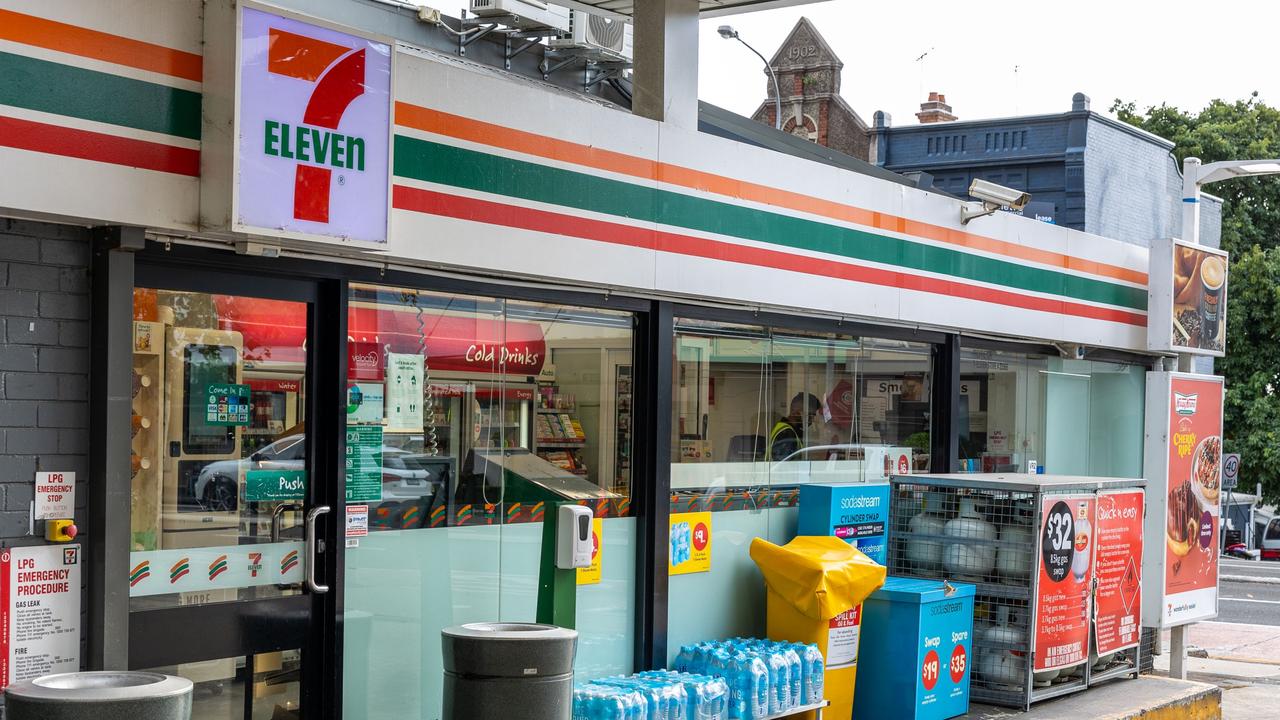CEO hints at big changes to 7-Eleven

- by Admin
- May 1, 2024

Some big changes are in the offing for the popular 7-Eleven brand, with the chief executive of the convenience store chain telling a retail gathering the company would take inspiration from its new Japanese owners to remake the business.
Japanese retail giant 7-Eleven International took control of 7-Eleven Australia in November 2023 in a $1.71bn buyout.
Chief executive Angus McKay said a Japan-inspired makeover was now on the cards for the small-store shops.
“Japanese stores … are the high mark around the global network. The way they present themselves, the store standards, the way they operate is just seamless and we’ve got a lot to learn from them,” he told a KPMG retail seminar on Tuesday.
“‘We’ve been pushing for many years now to move away from being a pure chips and chocolate retailer.”
7-Eleven boasts 750 stores around the country, but the business is facing increased competition from other convenience retailers, including the Coles Express offering and a growing OTR empire.
Mr McKay said the new 7-Elevens would aim to match how Japanese 7-Eleven stores operate by offering more food, including fresh food, drinks and daily goods.
Earlier in April, on announcing the completion of the takeover, 7-Eleven Australia said it would “expand product assortment and introduce new high quality fresh foods”.
“It is about continuing to grow our store network in Australia and providing unrivalled customer experiences and quality products,” Mr McKay said at the time.
“My team and I are looking forward to taking advantage of 7-Eleven International’s deep experience in convenience retailing with the leadership of Executive Chairman, Shin Abe.”
His address at Tuesday’s gathering also suggested the retailer could roll out a delivery service.
Mr McKay added price inflation, higher interest rates and utility bills had impacted consumer spending.
“It’s low relative real wage growth over a sustained period of time, higher interest rates, and it is absolutely (the cost of) utilities, which we don’t talk enough about, which really hurts the consumer,” he said.
The Latest News
-
December 22, 2024Zheng to skip United Cup, focus on Aussie Open
-
December 22, 20242024 runner-up Qinwen Zheng pulls out of Australian Open lead-in event
-
December 22, 2024Cricket Australia ‘disgraced’ by fans after ’embarrassing’ BBL visual; Sam Konstas flops before potential debut vs India
-
December 22, 2024‘I want to be out there’: Webster’s long wait for Test debut could be over with Marsh’s all-round capability clouded
-
December 22, 2024China’s Zheng to skip United Cup, needs ‘extra rest’ ahead of Australian Open


